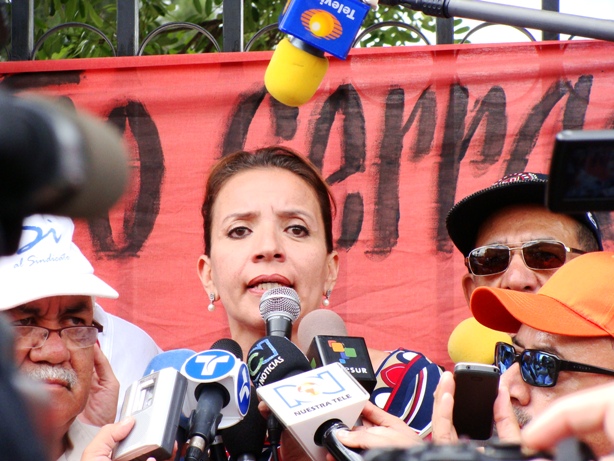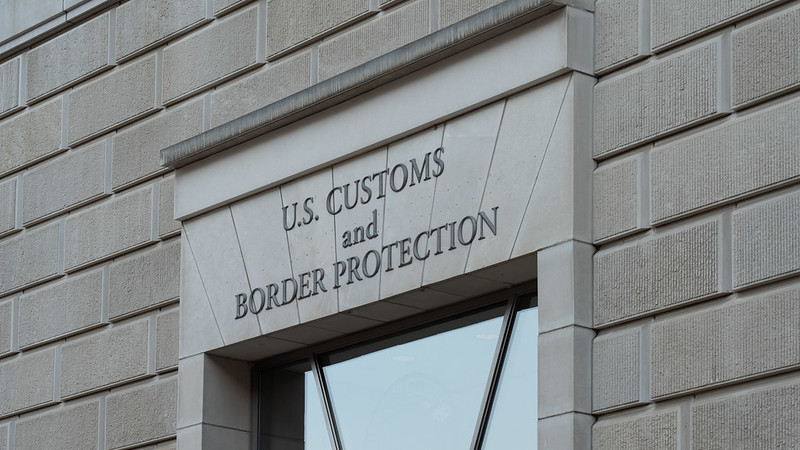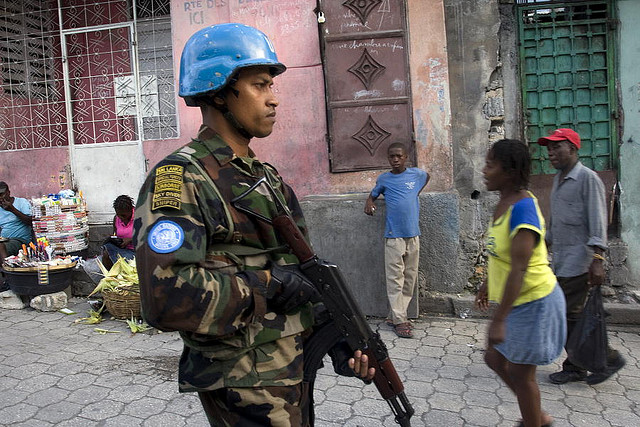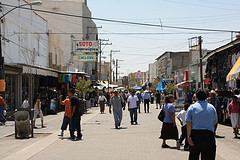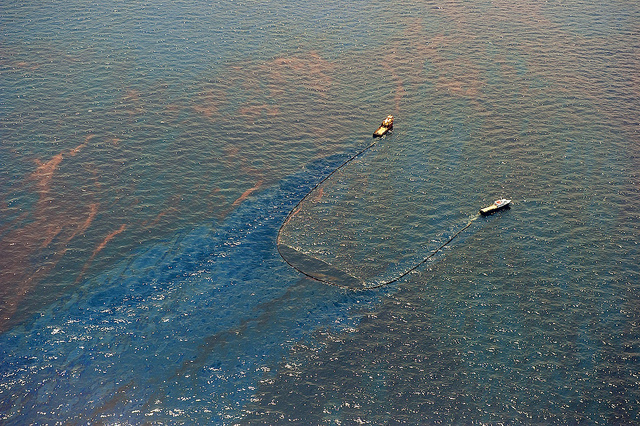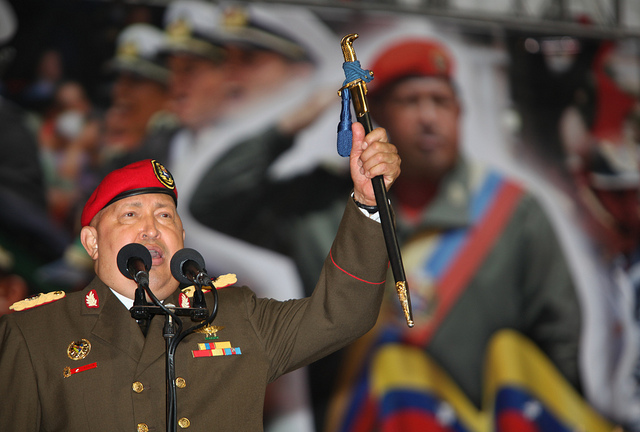
Latin America: Week in Review, Venezuela
Venezuela Sends National Guard To The Streets To Fight Crime
November 18, 2011 By Staff
Today in Latin America
Top Story — Venezuelan President Hugo Chávez has deployed thousands of troops to combat violent crime in Caracas and two neighboring states. On Thursday, Chávez ordered more than 3,000 members of a new command known as the National Command of the People’s Guard into the streets of Caracas and Vargas and Miranda states. The People’s Guard will assist the police in combating a rising tide of violence in Venezuela, which has seen homicides triple between 1998 and 2010 and now claims one of Latin America’s highest murder rates. Last week’s kidnapping and rescue of Washington Nationals catcher Wilson Ramos has brought international attention to the increased violence, which is a major source of dissatisfaction for Venezuelan voters heading into next year’s presidential elections. In a speech on Thursday before the newly-assembled troops, Chávez said that the country had made progress in reducing overall crime, but had fallen short on homicides. The People’s Guard, in addition to fighting violent crime, will patrol the streets and work with community groups to monitor street dealing, school violence and public drunkenness.
Read more from the BBC and the Washington Post.
Headlines from the Western Hemisphere
North America
- Mexico’s Interior Department apologized Thursday for the kidnapping and disappearance of leftist folk singer Rosendo Radilla at a military checkpoint in 1974. Rosendo’s remains have not yet been found.
- Alejandro Poire, Director of the Center for Research and National Security (CISEN), will succeed Francisco Blake Mora as Mexico’s new Interior Minister. Blake was killed in a helicopter crash last Friday.
- Baja California’s Human Rights Commission has charged former police chief of Tijuana Julian Leyzaola and several subordinates for allegedly torturing detainees in custody.
Caribbean
- A new report by the Brookings Institution, a Washington think tank, urges international financial institutions and the U.S. government to reach out to Cuba as it implements market-oriented reforms to its communist system.
- U.S.-funded projects seeking to help Haiti in the aftermath of the devastating Jan. 12 earthquake have suffered from numerous delays, says a report from the Government Accountability Office.
- Almost half of Puerto Rico’s murders this year were drug-related, according to police statistics released Thursday.
Central America
- A former U.S. Navy seaman convicted of killing two people in a 1977 bus hijacking was returned to his native Panama after completing a 34-year prison sentence in upstate New York.
- Flooding and mudslides in El Salvador have cost hundreds of lives in El Salvador over the past three years, prompting a new push for national and international action to curb climate change.
- Guatemalan entrepreneurs have begun to build a “Campus Tecnológico” in Guatemala City as a new technological start-up hub inspired by Silicon Valley.
Andes
- Peruvian authorities have reopened an investigation into the forced sterilization of at least 2,000 Peruvian women during the government of former Peruvian President Alberto Fujimori.
- In a blow to Ecuadorean President Rafael Correa, lawmakers rejected a proposed tax hike that might have provided an extra $400 million in government revenue.
- Colombian President Juan Manuel Santos warned the new FARC commander, Timoleón Jimenez, to stop fighting or risk dying like his predecessor, Alfonso Cano, who was killed in an operation on November 4.
Southern Cone
- Uruguayan President José Mujica visited Mexican President Felipe Calderón in Mexico on Wednesday, where both presidents praised the economic partnership and free trade agreement between the two countries.
- Brazil’s new economic initiative to increase economic ties with Africa reflects the country’s need to find new markets while its traditional trade partners struggle with the economic crisis.
- Brazilian economist Marcelo Neri argued that the police takeover of Rio de Janeiro favelas like Rocinha in preparation for the 2014 World Cup and 2016 Olympics could present a great opportunity for future economic growth.
Image: Chavezcandanga @ Flickr.
Subscribe to Today in Latin America by Email
< Previous Article
